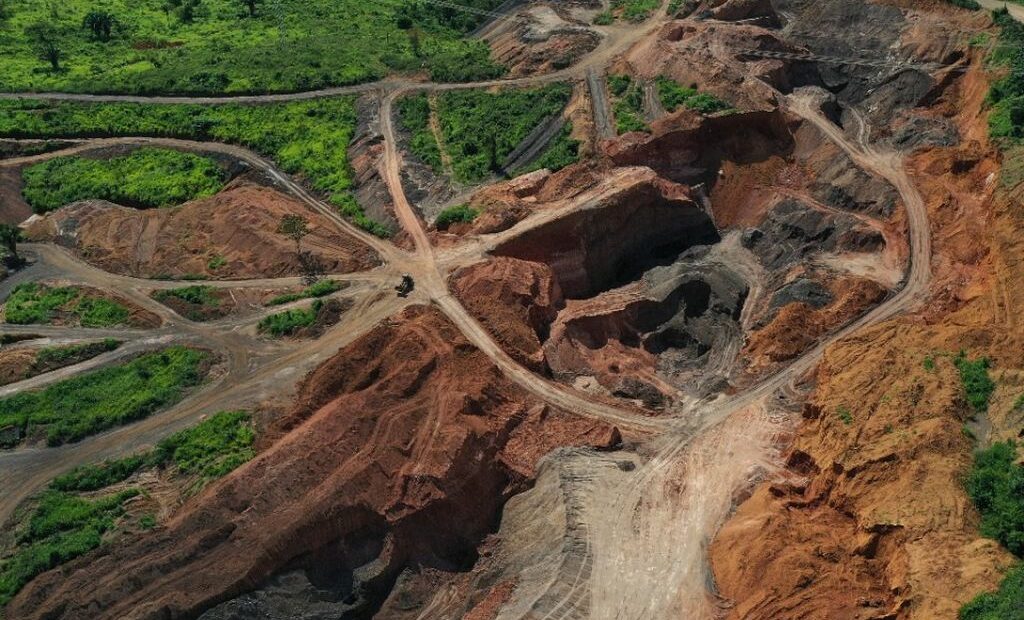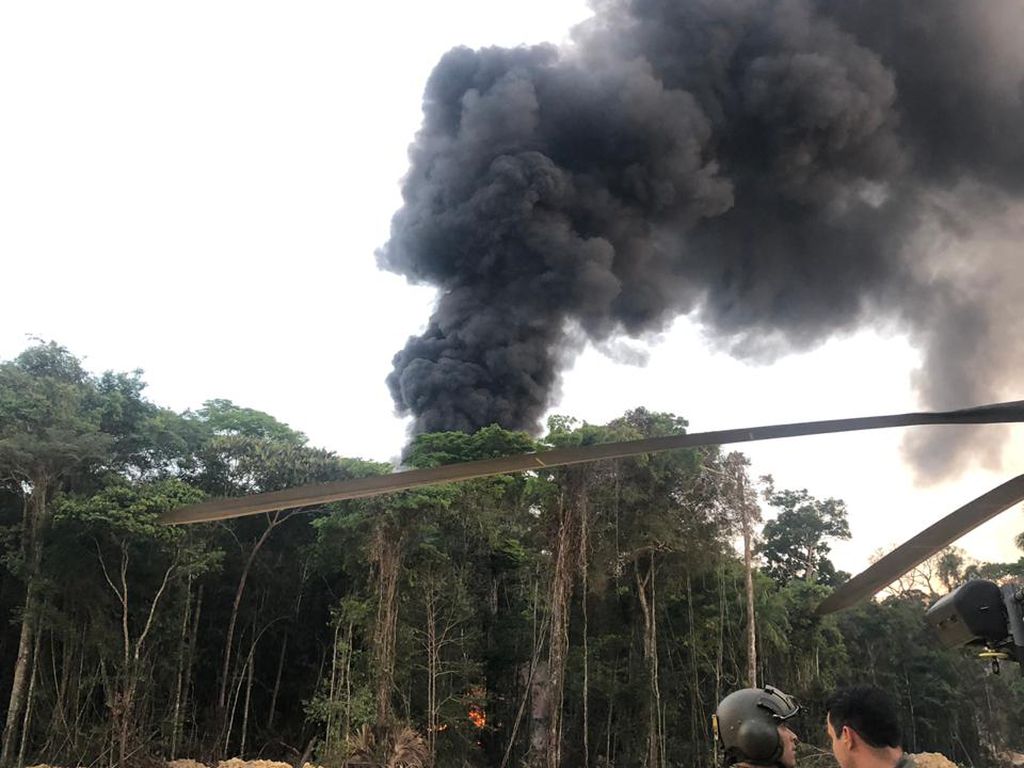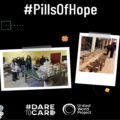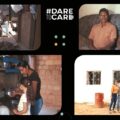
Workshop
Environmental challenges for the world post-COP27

Brazilian experts offer a few strategies to bypass the environmental crisis and transform the goals of the twenty – seventh ONU Conference on the Environmental Changes into reality.
The last report of the Intergovernmental Panel on Climate Change (IPCC), published in 2022, has reconfirmed yet again what is already known on the climate situation: the effects of the climate change are already being experienced and are already causing damages in different parts of the planet; the developed countries continue to pollute and contribute to the aggravation of the environmental crisis in proportionally greater measures with respect to the countries still under development, and it is particularly in these that the effects of the environmental change are greatly catastrophic, with droughts, floods and environmental disasters. The debt to nature is becoming very onerous, and the bill reaches the homes of those who have no responsibility for it.
Based on the recent scientific data of the IPCC, the twenty – seventh ONU Conference on the Climate Changes (COP27) has reunited leaders from all over the world to launch an alarm: climatic change is real, and if we really want to reach the goal to neutralize carbon emissions by 2050 and avoid a 1.5 degree increase in the Earth’s temperature, we must take more efficient measures by taking more drastic decisions. This, naturally, implies a cultural change that has to take place in all the spheres of society: from the way in which we produce to the habits of consumption, from the lifestyle to the political consciousness in electing candidates and in the structuring of the public policy.
With this goal in mind, the United World Project, through the Agir Ambiental Institute, invited some experts from the country that contains the world’s greatest biodiversity, with more than 116,000 animal species and more than 46,000 plant species known. Always there, in Brazil, only in 2022, according to the Instituto Nacional de Pesquisas Espaciais, INPE (National Space Research Institute), 11.568, 00 km2 of the Amazonian Forest disappeared due to illegal deforestation.
And it is starting from this country, Brazil, that the experts have responded to the question: What is necessary to adopt a sustainable culture capable of permeating society as a whole and transform the goals discussed at the COP27 into reality?

Public policy and participatory dialogue
For Evandro Branco, doctorate in Environmental Sciences and employee of the Instituto Nacional de Pesquisas Espaciais (INPE), a body that, among other missions, is responsible for the official monitoring of the deforestation of Brazil’s native vegetation, to change the climate of the planet we need to “change the climate of the institutions”. In his opinion, a government that is responsible and favorable to the environmental debate is capable of influencing the public sphere as a whole.
“The foreign policy is important, but it is also interesting to see how it can spread and permeate all sectors of society”, Branco states. According to him, the inauguration of the current Brazilian president, Luís Inácio Lula da Silva, held little after his participation in the COP27, can in itself change the institutional climate: “Once this climate is altered, we expect this change to cascade down to the other administrative levels (state and municipal), that it may reach the cities as well as to the non-aligned states and municipalities with this political program, as the institutional environment at the federal level greatly influences other instances of public power”.
According to Branco, electing politicians who are sensitive to ecology and sustainability issues and implementing public policies through active participation as citizens can be a good way to contribute to the sustainable development of the planet.
Environmental education at school and outside
Another strategy to concretize the goals and arrangements discussed during the COP27 is investing in environmental education. “Environmental education should be able to reach all the spheres of society”, Andrea Pupo believes, a Biodiversity Conservation and Sustainable Development graduate, educator and member of the Instituto de Pesquisas Ecológicas, IPE (Institute of Ecological Research).
For Pupo, environmental education can be efficient if presented as an experience inside and outside the class, but always in a critical and participative manner: the student experiments, learns, touches with his hand, lives each moment, and learns to respect the environment by doing the things, and not only by assisting a lesson or watching a video”, the educator says.
For Andrea, environmental education must be able to reach all the spheres of society. It must be present in the business, in the commerce, in the services. And this does not mean that it should stop being formal or being offered at schools. “Environmental education must come out of the scholastic bubble, overcome the cliché that things can only happen there. No. Society needs to be educated to respect the environment. There must be environmental education in the supermarket, in church, in the temple, in the factory, in the shopping mall, in the main square, everywhere. Every place must educate people to respect the environment”.
Educating to new strategies of adaptation
Environmental education, then, does not limit itself to sporadic strategies. “It is not just a matter of hugging trees once a year. We need to think about an adaptive, capacity-oriented environmental education. In other words, of how territories can prevent the effects of climate change, of how they can handle them and not let them amplify”, Evandro Branco of the INPE, explains. “We must reflect on how each territory can prevent the catastrophic consequences and protect themselves from these”. To this end, there are numerous initiatives, such as monitoring structures and preparing for natural disasters. We need to prepare for floods, landslides, droughts. How do we prepare the territories for this?”
Realizing that, in nature, everything is connected
The environmental responsible, Rafael Girão of Agir Ambiental, sustains that one of the challenges related to the introduction of a more ecological culture is to think of sustainability as something that concerns all the dimensions of the planet, including human life and its dynamics. “A challenge that we have in front of us is that of going back to thinking of the environment as something integrated”.
In his opinion, it is impossible to decide to concentrate on only one aspect of the ecology and ignore the other. “To think about the water revitalization of an area, for example, I have to ensure that water can infiltrate the soil and that it is not contaminated. But we also have to think about the people who live there and are hungry, who need to generate an income. You have to think about the fauna, the pollination of the plants in the area, the balance of the vegetation, about avoiding soil erosion”.
Thinking of nature and society as part of a single system
The United Nations (UN) Sustainable Development Goals (SDGs) and their respective “targets” are a good x-ray of the planet’s socio – environmental challenges. And they are already being used by the public and private entities around the world as targets and benchmarks for analyzing territories. Among the SDGs, contrary to what one might imagine, we also find issues that, on the surface, are not directly related to the climate and biodiversity, such as gender equality and equal opportunities between men and women. Although they seem unrelated, social issues are located within the environment, because there is nothing in the world that, done selectively, does not have an impact on a larger reality. “The OSS warns us that we only have one world and that everything is interconnected”.
Valuing the local initiatives
Lastly, Rafael Girão offers us a suggestion. For the socio – environmental issues, the way forward is to value the local, to privilege local producers, to ensure that waste is collected in the best way, to think about waste recycling and composting for the disposal of organic waste. “By favoring the local, other types of impact are minimized. Local food, which does not need long transportation, should be valued, hence reducing dependence on other regions of the country (and other countries), as well as dependence on the variation in the final cost of the product, which is connected to the increase in fuel prices (and other factors such as wars and conflicts). Right in front of your home, there may be someone who produces food, and we can always create a community garden”.
And you, how do you think we can make our “common home” an environmentally better place as well?






